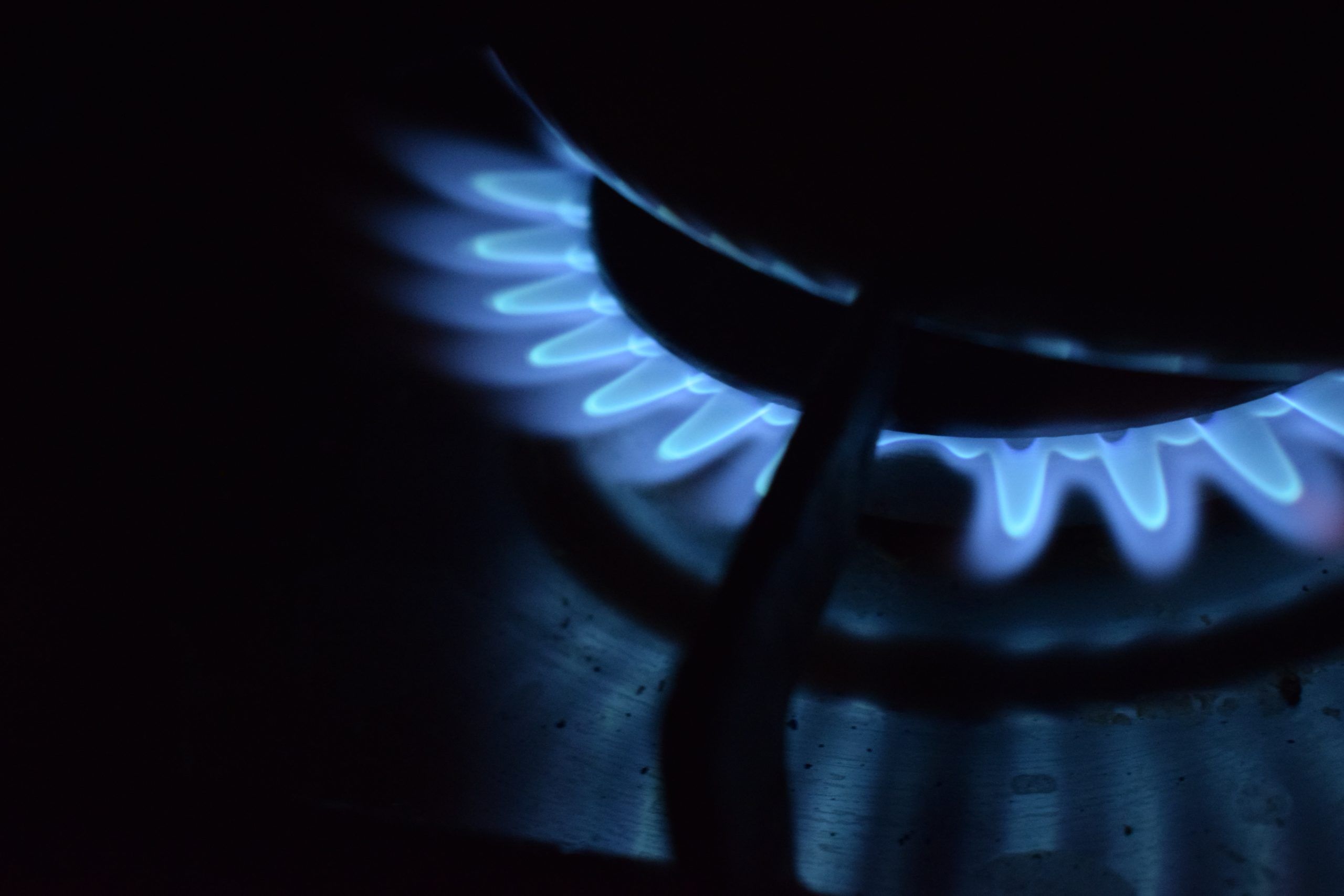
How To Deal With Rising Utility Bills
A lot of people are struggling with the cost of living due to many factors, such as the increase in wholesale gas prices which has caused a rise in household energy bills.
The price cap of energy bills is expected to rise again in October 2022. The price cap is the maximum limit a supplier can charge. This expected rise will put extreme pressure on households.
With the price of goods and other services also being affected by inflation, a lot of people may find it difficult to make utility bill payments on time. If unpaid bills accumulate and a solution hasn’t been negotiated with the supplier, such as the energy supplier, in some circumstances, the service provided can be disconnected.
If you’re in a situation where you’re struggling to pay your utility bills, or you can see that you’re potentially going to struggle, then there are a few things you can do to help ease your financial pressure. Additionally, there are several debt solutions available which we’ve detailed later in this blog.
What Can I Do If I Cannot Pay My Bills?

1. Arrange A Payment Plan
The first thing you should do is try to find a solution with your service provider.
For example, you could agree to a payment plan, such as paying off your debt in small instalments.
In the above instance, you would pay fixed and affordable amounts over a period of time. This payment plan should cover any outstanding debts plus any current usage.
The service provider must take into account how much you can afford to pay as well as how much your consumption is likely to increase in the future based on past usage and metre readings.
2. Negotiate A Better Deal
Another thing you could consider, if a payment plan isn’t right for you because you don’t have a regular income, is to try and negotiate a better deal with your service provider.
Contact them to explain that you are consistently having trouble making the payments; they may be able to offer you a cheaper deal.
In the case of an energy supplier, they may offer you a prepayment metre. This is a good option for people in debt; however, it is possible to end up in further debt if you use emergency credit.
What Options Can A Debt Solution Company Offer?

As previously mentioned, there are various debt solutions available to help people who are struggling financially. Below you will find a brief overview of some of the most popular options.
Finding the right one will depend on your particular circumstances and needs. A debt solutions company like Swift Debt Help can help you decide what’s right for you.
1. Debt Consolidation Loan
A Debt Consolidation Loan is a term used when you have several debts which you decide to combine into one loan. This can be done by taking out a new loan to pay off your original loans.
This option is suitable if you’re struggling with numerous credit commitments and debt repayments. If you decide a debt consolidation loan is right for you, then you’ll only have to manage one single payment per month, and your overall interest could be considerably reduced.
2. Debt Management Plan
A Debt Management Plan (DMP) is an informal arrangement between you and your creditors where you use a third-party company to set up the plan and distribute money to them.
If you are eligible for a DMP, a payment plan will be set up based on what you can realistically afford.
A debt management plan can last between five and ten years.
3. Debt Relief Order
A Debt Relief Order (DRO) allows your debt, and any interest owed, to be put on hold for twelve months.
To be eligible, you will have to meet the specific debt relief order criteria. For example, your debts must not exceed £30,000 and your surplus income must not be over £90 per month.
After the twelve months of your debt and interest being on hold, and if you continue to meet the eligibility criteria, then any included debt will be written off.
4. Individual Voluntary Arrangement
An Individual Voluntary Arrangement (IVA) is a legally binding agreement that can be arranged by an Insolvency Practitioner to help you repay your creditors in an affordable way.
Before the payment plan is arranged and put forward to your creditors, your income and expenditure will be assessed by your IP. This is to ensure that you have enough money each month to pay for necessities, such as your rent/mortgage, bills, and food.
Once an affordable amount for the payment plan is decided, and if it’s accepted by your creditors, then you’ll have to pay the agreed amount each month and stick to the agreed terms.
To be eligible for an IVA, you need a minimum debt of £5,000.
This is a solution offered by Swift Debt Help. As part of our assessment of your eligibility, we will discuss with you alternative options, and if an IVA isn’t right for you, we can point you in the right direction for the solution you need.
If you’d like to find out more about the debt solution available at Swift Debt Help, then contact us, and we’d be happy to assist.
Request a Debt Assessment
Disclaimer: For guidance only. Financial information entered must be accurate and would require verification. Other factors will influence your most suitable debt solution.
bills, cost of living, Debt, Debt Help, debt management plan, debt relief order, Debt repayments, Debt support, dmp, DRO, IVA, utility bills